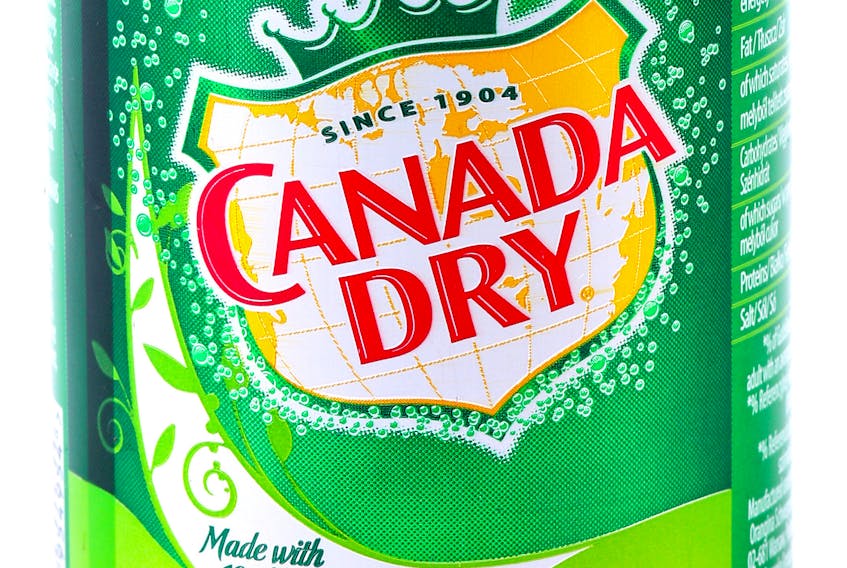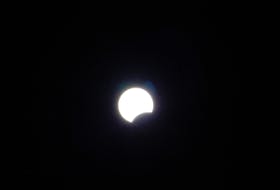Think of this as a tasteful little diversion.
An amuse-bouche, if you will; a small taste of something different — spicy, gingery, cold — to clear your palate before the waiter brings the next course.
Why, yes, indeed, it tastes exactly like ginger. Unless it doesn’t. Maybe it tastes that way solely because you were told to expect ginger — especially because it could be there’s next to no ginger in it at all. Or there’s plenty.
Your taste buds are confused: it’s an enigma, wrapped up in a legal conundrum.
You’re right, the taste is familiar. It’s Canada Dry Ginger Ale. Unless it’s Canada Dry Not-Ginger Ale.
Here’s why: in the United States, the owners of the Canada Dry brand, Keurig Dr. Pepper, have agreed to drop the slogan “Made from Real Ginger” from the soft drink’s packaging and advertising after being hit with a set of lawsuits about false advertising.
Not only that, but the company has agreed to pay out cash settlements to customers who bought the product as far back as 2013, in order to halt the U.S. suits.
The firm wouldn’t talk about how much ginger there actually is in Canada Dry ginger ale.
The suits alleged fraud, saying that the level of real ginger in the soft drink was so low that humans couldn’t even taste the substance.
Analysis of the drink by the plaintiffs found that the drink has, “a flavour compound comprised predominately of flavour extracts not derived from ginger, and a minuscule amount of a ginger flavour extract.”
According to a lawsuit filed in New York, “Canada Dry’s ginger flavour extract is not ‘real ginger’ as reasonable consumers understand that term … It is manufactured in a lab using various chemicals and extraction processes.”
What does it matter whether the flavour came from a root or a laboratory?
Well, the suits claim that Canada Dry was using the claim to suggest that the drink was healthier than other options because it was made from natural products, instead of the magic of laboratory science, and that there was a measurable increase in sales when Canada Dry began using the “real ginger” claim.
But here’s where things get even more interesting: the company may be changing the way it’s doing business and advertising its product in the U.S., but not in Canada.
At the moment, the firm is only evaluating its packaging, telling the National Post that it settled to avoid “a protracted litigation process.”
The firm wouldn’t talk about how much ginger there actually is in Canada Dry ginger ale.
Now, it’s all either a legal system run amok, or some interesting corporate dancing.
Because you’d think that a company that makes a product that claims to have real ginger could simply show how much product it sells and how much ginger it buys.
And that’s the real ginger. Right?









